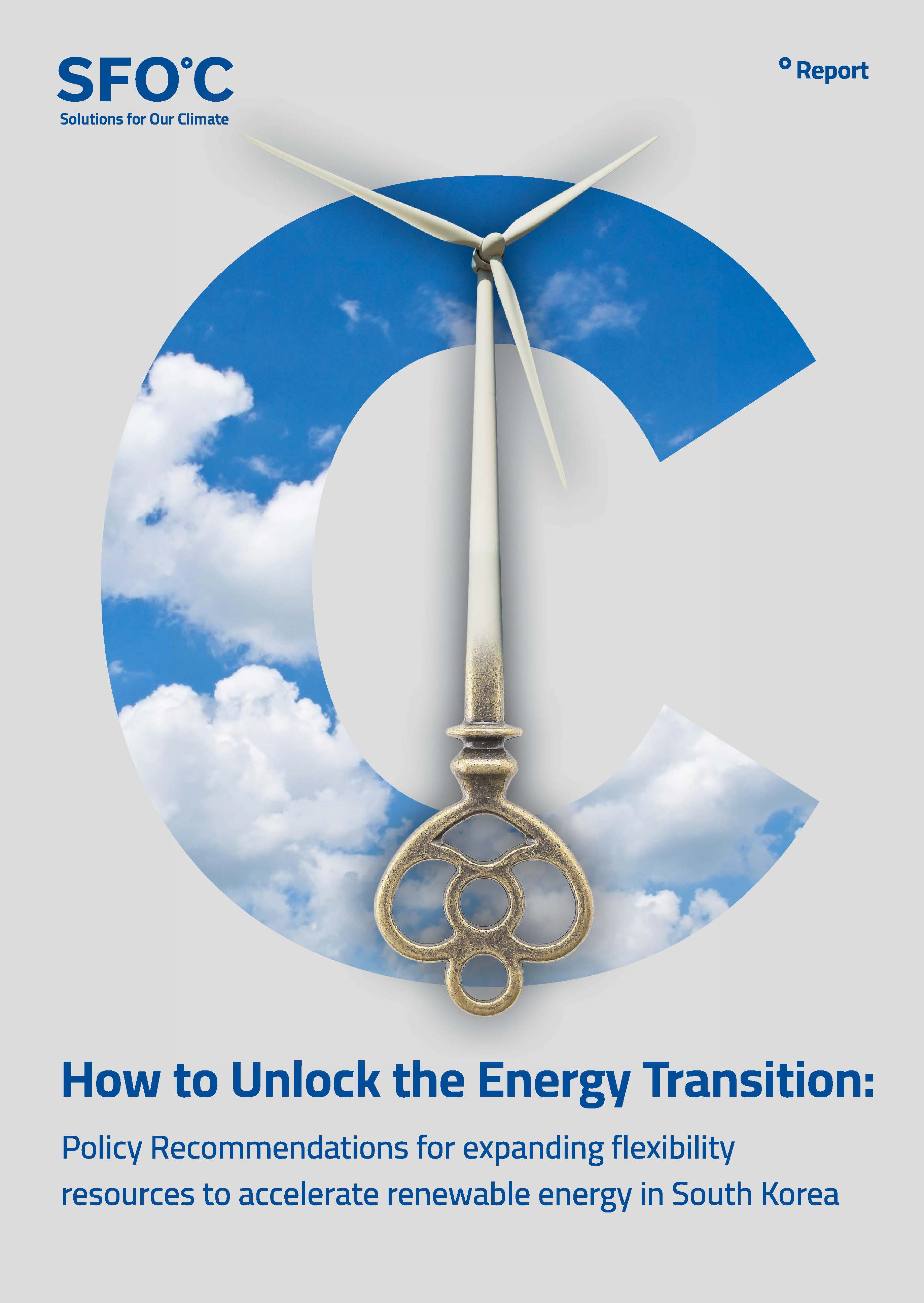About
In South Korea, Korea Electric Power Corporation (KEPCO) has full control over the transmission, distribution, and sales of electric power. It also holds an overwhelming share of the generation market with its subsidiaries, most of which produce electricity from fossil fuels.
KEPCO and its subsidiaries have undue influence over Korea Power Exchange (KPX), which oversees Korea’s power system and the electric market. Such unfair governance structure has been holding back Korea’s renewable energy transition.
In this report, we explore the governance structure of KPX, what role KPX should assume, and the change’s broader implications for renewable energy transition.
Ensuring KPX's independence and reforming policies are crucial for a successful global transition from fossil fuel-fired power to renewables
Energy transition from fossil fuel-fired power generation to renewables and other sources is an inevitable global trend. To keep up with the energy transition, innovative policy reformations enabling flexible electricity market and the electricity power system operations are required. Such reformations cannot be expected under the current structure in which businesses with overreliance on fossil fuel-fired power generation assets dominate the electric power industry and excessively intervene in the governance of KPX, the system operator.
Therefore, the first step to energy transition is to ensure the independence and neutrality of KPX, which operates the electricity market and system, and to develop a structure that reflects the diverse perspectives of the changing electricity market.
To do so, the following reformations to the governance of KPX are necessary.
Firstly, the independence of KPX’s board needs to be guaranteed. Influences from certain interests must be preemptively ruled out by prohibiting appointment of electricity market participants (e.g., employees and board members of KEPCO and its generation subsidiaries) or anyone in a financial relationship with electricity market participants (e.g., a professor who has carried out research on behalf of KEPCO) as board members.
Secondly, subcommittees that discuss major policies regarding the operation of the electricity system and the electricity market need to be diversified and the closed decision-making process needs to be reformed so that various stakeholders’ perspectives are reflected fairly. Furthermore, transparent disclosures of information are necessary if relationships exist among committee members and electricity market participants (including financial transactions). Discussions during the decision-making process also need to be disclosed for transparency.
Thirdly, the nomination, screening, and appointment process of KPX board members needs to be independent and transparent. A list of members on the Board Member Nomination Committee (hereinafter the “BMN committee”) needs to be disclosed for transparency, and the BMN committee should have a diverse composition. The screening results also need to be transparently disclosed.
This report mainly focuses on problems and potential solutions regarding the governance of KPX. Going forward, Solutions for Our Climate will review in depth matters such as the necessity of an independent regulatory body for the electricity market, problems of the current electric power industry’s vertically monopolistic integrated structure, and specific solutions.




